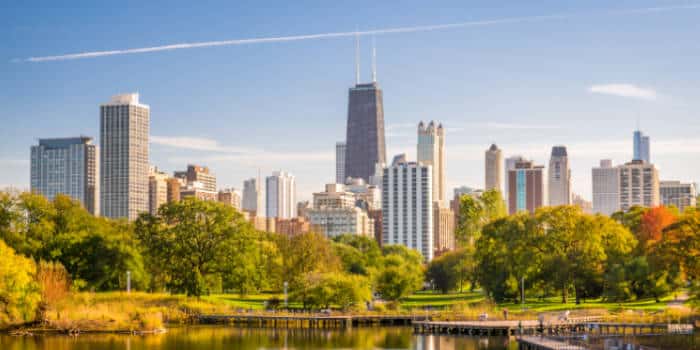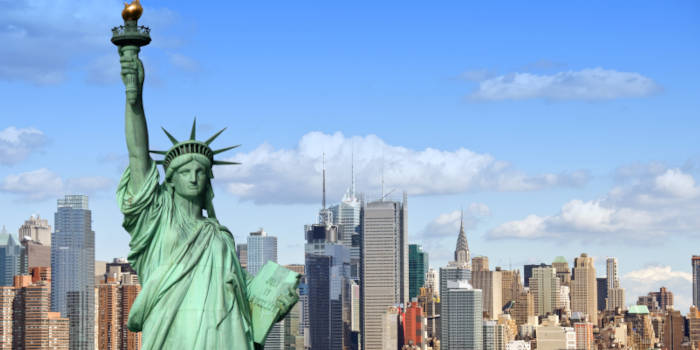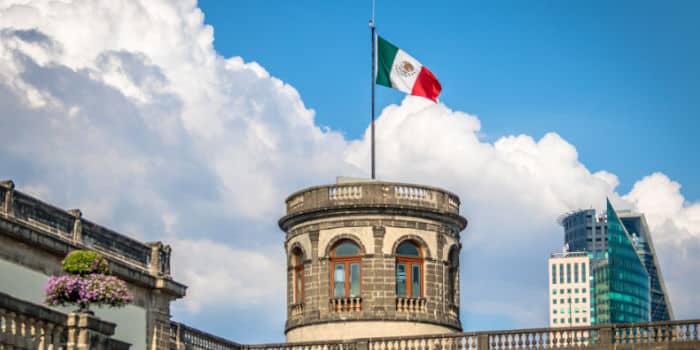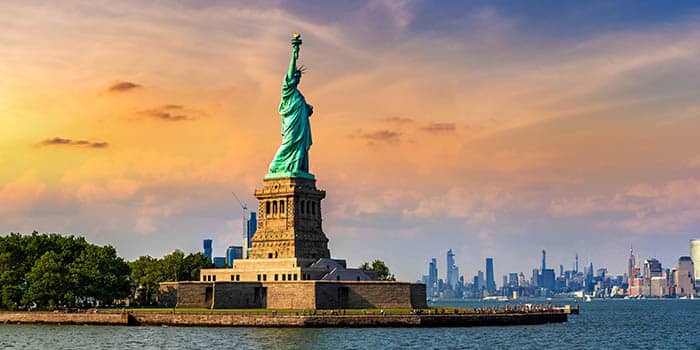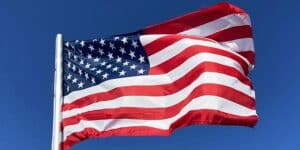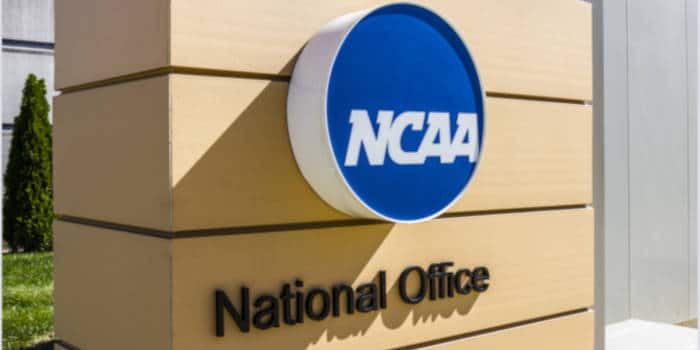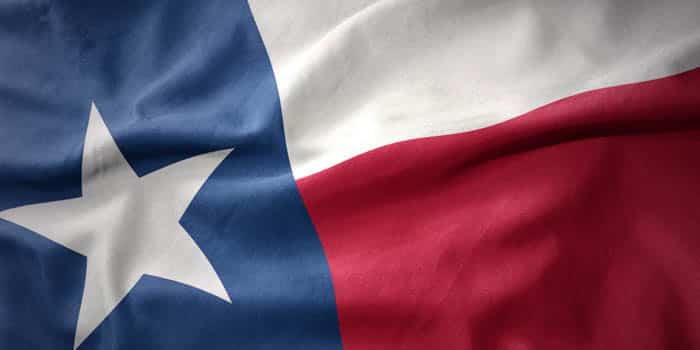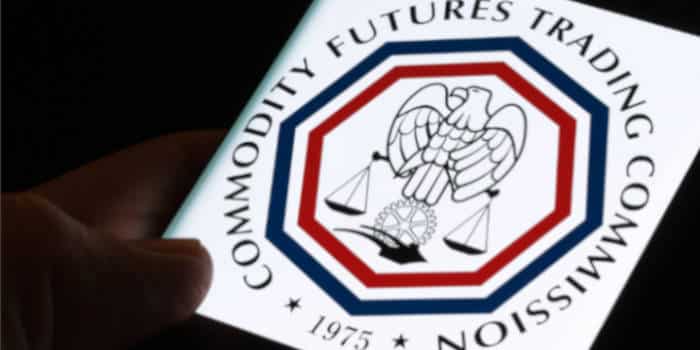Fact-checked by Angel Hristov
Prediction Markets Talks Take Center Stage at Truist GLL Summit
A stronger convention business and a robust sports calendar were reported to be supporting the fourth quarter of 2025 on the Las Vegas Strip, among talks about prediction markets
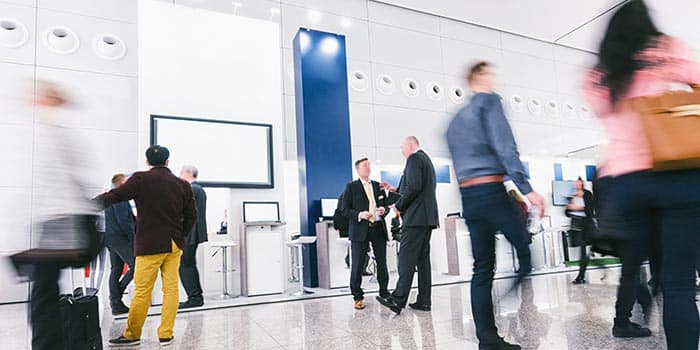
Truist held its 13th annual GLL Summit in Boston last week, which saw ten gaming companies attend to discuss various topics about the gambling scene, with prediction markets taking center stage.
DraftKings Spearheads Discussion at Truist GLL Summit
DraftKings was one of the most highly talked about companies, as it is expected to launch its prediction-market product in December or January. The product will be available only in states that do not have online sports betting (OSB). According to Truist analyst Barry Jonas, DraftKings leadership maintains the view that predictive markets will be less appealing to casual sports bettors due to exposure to sharp trading and the absence of promotional allowances. Jonas added that non-OSB states might be encouraged to legalize such activity, while tax increases in states with OSB could be deterred.
DraftKings’ business plan for prediction markets was described as involving reasonable investment and shorter payback periods. Profit margins were expected to exceed those of OSB, since the overall net fee on each side of a contract is higher than a traditional OSB vig, combined with more limited promotional allowances.
DraftKings executives indicated they had no concern about losing existing licenses and were maintaining communication with state regulators regarding their plans. Operators with investments in brick-and-mortar casinos were characterized as content to let DraftKings assume the initial risk, remaining cautious themselves.
What Else Did the Companies Talk About?
A stronger convention business and a robust sports calendar were reported to be supporting the fourth quarter of 2025 on the Las Vegas Strip. The Formula 1 Las Vegas Grand Prix was highlighted as a notable positive for the region’s economy. However, some companies, such as Caesars Entertainment, did not note improvements in their operations. Caesars cited lingering softness in leisure demand that dampened hotel occupancies and room rates.
Caesars projected continued caution into 2026, expecting minimal cash-flow growth. Other operators, however, expressed confidence that the convention and event schedules would boost the first half of the year. Caesars executives indicated that for a more optimistic outlook, business would need to recover from Canada and southern California, alongside a return of lower-end customer segments. Las Vegas did indeed experience a significant dip in tourism in September, and multiple other points throughout the summer, much of which has been attributed to the decreased number of visitors from Canada.
The event’s talks also touched on the effects of the 43-day shutdown of the federal government that rocked US politics this autumn. However, aside from MGM complaining that the cessation of work “didn’t help,” experts estimated that the effects of the occurrence on the gambling sector were minimal.
Stefan Velikov is an accomplished iGaming writer and journalist specializing in esports, regulatory developments, and industry innovations. With over five years of extensive writing experience, he has contributed to various publications, continuously refining his craft and expertise in the field.



